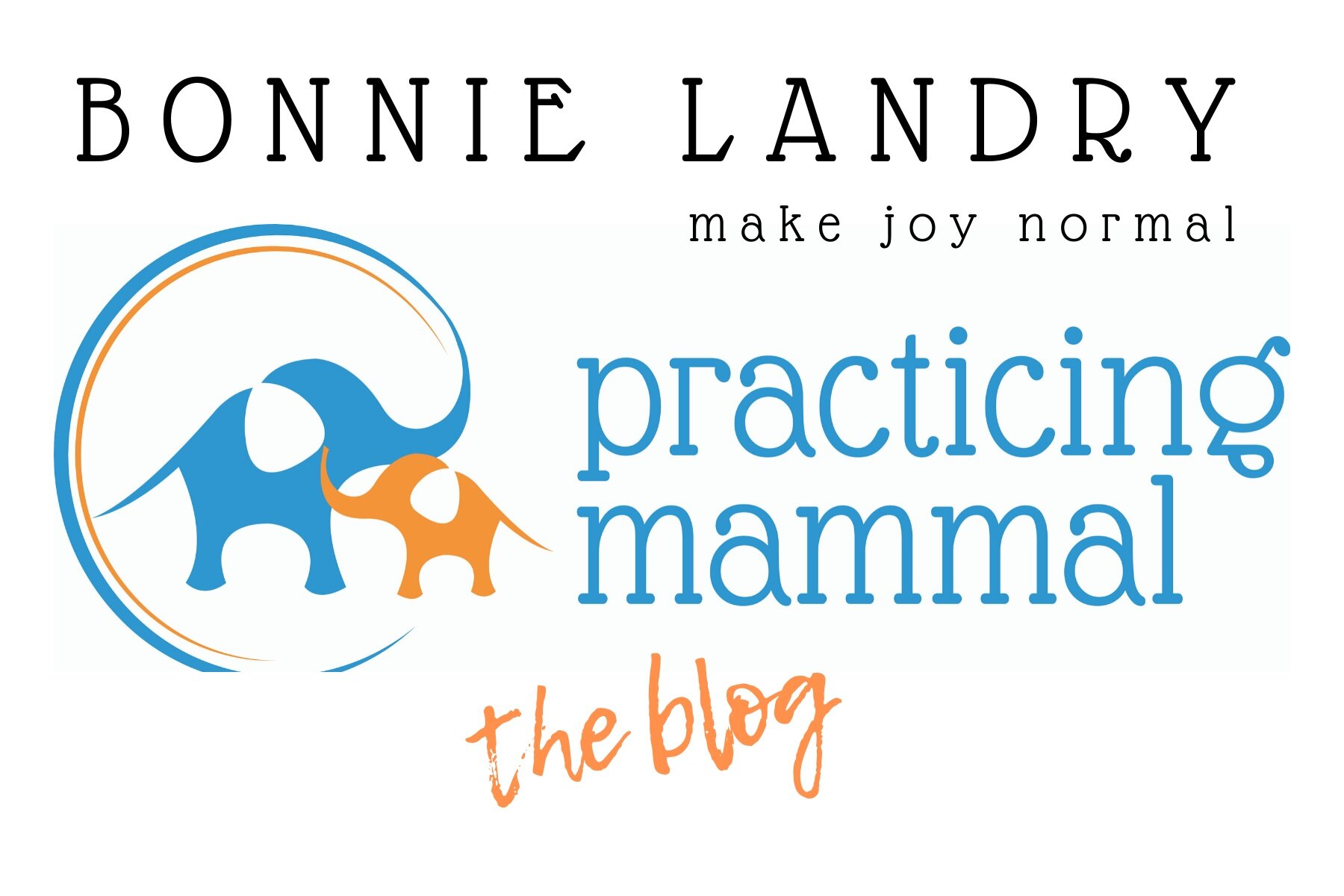if not carrot and stick, then WHAT
How do we make kids do what we want them today without baiting?
Without carrots or rewards? Without sticks or consequences?
It’s a great question and one that can leave us baffled, particularly when we are formed in a culture that relies so heavily on the reward and punishment system.
We walk beside them. Do you think that sounds lame? What do you want from your spouse when you are distressed, upset, discouraged, dare I say…acting out, disobedient (to your own ideals and standards). I’ll tell you what you DON’T want.
You don’t want someone yelling at you. You don’t want someone telling you how to solve your problem. And you sure as hell don’t want someone telling you just to “control yourself.” And what about this: what if your family members sent you to the corner, your room, outside, told you not to cry, told you just to “stop it.” Or how about, “STOP, STOP, STOP IT YOU. I’M GOING TO LOSE IT, I’M GOING TO FREAK OUT ON YOU, GET UP OFF THE FLOOR, YOU ARE OUT OF CONTROL.”
And how about this. “I love you.” “Let me hold you.” “Everything is going to be okay.” “You are amazing, this is just a difficult blip.” “This is so hard.” “You’ve had a hard day, can I make you some tea?”
Someone rubs your back. Wraps their arms around you. Just sits with you in your distress. Provides loving presence.
One of our biggest concerns about not having “consequences” is that they child perceives they are getting away with something. Or that they’ll take advantage of your benevolence. When someone treats you with love and dignity, is that how you feel? “Hehehe…he’s all respectful right now, I think I’ll ask for some extra stuff and take advantage of his kindness.”
No. That’s not what happens. What happens is a emotional rest. Feeling upheld, loved, respected. Tank filled.
And, not only does the child feel like their tank is full, so do we, the giver. Nothing quite matches the feeling of having loved someone through a difficult time. The self control of not reacting to someone else’s emotions is our own emotional growth.
Walking with a child is NOT condoning, excusing or ignoring their behaviour.
It is simply this.
Forgiving their behaviour. And dealing with the emotions or conflict or meltdown or lack of cooperation OUTSIDE of the emotionally intense circumstances. Walking with them through their difficulty; trusting that dealing with it later, when the emotions are tempered, will be more fruitful.
We want our relationships, our discipline, our guidance to be fruitful. That’s the goal.

